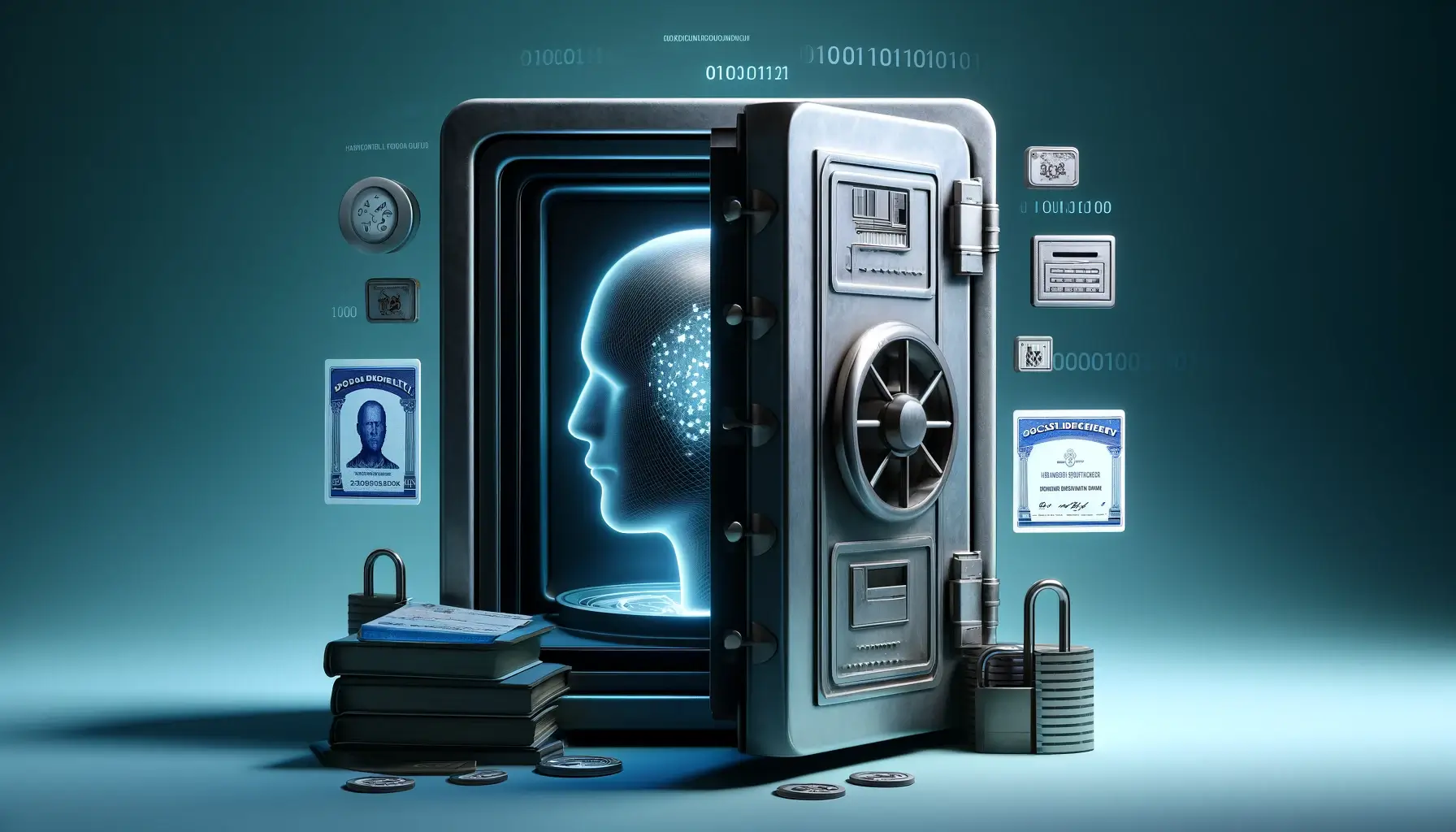Understanding Identity Theft and the Role of Insurance
Comprehensive Protection Through Identity Theft Insurance
// AUSTIN AUTO PROTECTION
What is Identity Theft, and How Does it Occur?
Identity theft occurs when someone illegally acquires your personally identifiable Information (PII), such as your full name, Social Security number, or driver’s license number, to commit fraud or theft. In cities like Austin, Texas, where digital transactions are prevalent, your PII is at increased risk. Thieves might steal your mail, hack into your accounts, or use malware to access your personal data, then use this Information to impersonate you or sell it to other criminals.
The Significant Impact of Identity Theft
The repercussions of identity theft extend beyond unauthorized purchases; they can also damage your credit history and lead to a complicated, time-consuming recovery process. This often includes legal battles, disputes with credit bureaus, and the stress of securing your personal Information.

How Does Identity Theft Insurance Work?
Comprehensive Protection Through Identity Theft Insurance
Identity theft insurance acts as a financial safeguard, helping to cover the costs associated with recovering your identity. It’s commonly available as a standalone policy or as an addition to homeowners’ or renters’ insurance in Austin, Texas, and across the nation.
Coverage Specifics: What Does Identity Theft Insurance Cover?
Typically, identity theft insurance reimburses you for money spent on reclaiming your financial identity and repairing your credit report. This can include:
- Payments to identity restoration specialists
- Legal fees involved in resolving fraud issues
- The cost of replacing essential documents like your Social Security card or driver’s license
- Lost wages due to time taken off work to deal with the fraud
- Fees for placing fraud alerts or freezing your credit reports
Ready for a quote?
How does identity theft happen?

Common methods include:
- “Dumpster diving” in trash bins for credit card statements.
- Stealing from unlocked mailboxes to get pre-approved credit offers and newly issued credit cards, utility bills, bank and credit card statements, investment reports, insurance statements, benefits documents, or tax information.
- Fraudulently accessing credit files by posing as a loan officer, employer, or landlord.
- Stealing personal data from online sources, such as public records and fee-based information sites
How to Reduce your Risk of Identity Theft

Check your credit
Check your credit report twice a year. Do not just skim it; you could miss something.
Monitor your credit
Sign up with a credit monitoring service that will alert you to new or strange activity.

Know your records
Periodically check personal records, such as your DMV file.
// faq
Common questions about Identity Protection
What is Identity Protection
Identity theft occurs when someone uses your personal information without your consent to commit fraud or another crime. Information like your date of birth, name, driver’s license, or Social Security Number can be used to steal your identity.
Why do I Need Identity Protection
Identity theft is a serious problem that can have a negative impact on your finances and reputation. To prevent this, Identity Protection offers continuous credit and identity monitoring services. This means that any unusual activity with your personal information will be promptly detected and reported to you. By detecting potential threats early, you can take swift action to mitigate any damage caused by fraudulent or unauthorized activities.
What Should I do if I become a Victim or Online Theft
If you ever become a victim of identity theft, follow these steps to protect yourself and minimize the damage:
1. Place a fraud alert on your credit reports to notify creditors that your identity has been compromised.
2. Freeze your credit to prevent any new accounts from being opened in your name without your permission.
3. Review your credit reports to identify any unauthorized activity or accounts opened in your name.
4. Contact the Federal Trade Commission to report the identity theft and get guidance on what to do next.
5. Keep an itemized record of all stolen items, including the date and time of the theft, as well as any relevant details.
6. Contact your creditors and key agencies, such as your bank, credit card companies, and the Social Security Administration, to inform them of the identity theft and take steps to secure your accounts.
7. Change your account passwords, especially for any accounts that may have been compromised, to ensure that your information remains secure.
How do I minimize the risk of Identity theft
In order to reduce the risk of identity theft, it’s important to follow certain guidelines. These include not sharing your personal information, creating strong passwords, using 2-factor authentication, only signing onto secure Wi-Fi, making your social media profiles private, setting up credit card and financial alerts, tracking your credit score, and avoiding using debit cards for online shopping.
How do I know if my identity has been stolen?
This list is not exhaustive, but it will give you a good idea of things to be cautious of.
- If you get a bill for a credit card account that is not yours but is registered in your name, it is likely that someone has opened the account in your name.
- If you stop receiving your usual snail mail or email statements, get in touch with the issuer to find out why.
- Be alert to unfamiliar purchases on your credit card, even small ones (thieves often start with small purchases and then increase). Challenge even a $4 purchase.
- If you receive a credit card or store card that you did not apply for, contact the company immediately.
- Be cautious if your credit report contains suspicious information, such as inquiries for credit that you did not make.
- Collectors calling you to collect payments you do not owe, but you owe nothing, is also a red flag.
- If your credit score is high (the last time you checked), but you were denied credit for a loan or new credit card, be aware that a thief can quickly damage your credit rating.
